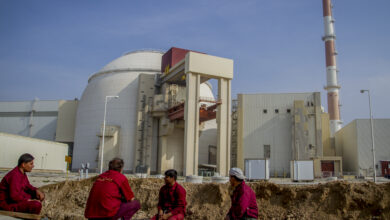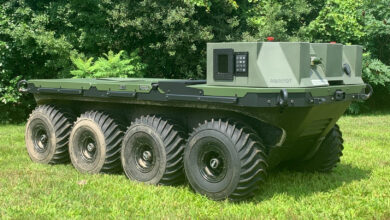The Canadian military plans to procure MQ-9 Reaper drones and Hellfire missiles from the US as part of a new defense investment that could reach 5 billion Canadian dollars ($3.7 billion).
According to military and defense industry officials, Ottawa is “setting the stage” to negotiate with the US government and General Atomics for the supply of an unspecified number of armed Reaper drones.
An order worth more than 400 million Canadian dollars ($296 million) will reportedly be placed by next spring.
“Should the finalization phase conclude successfully, contract award is expected within this fiscal year,” National Defence spokesperson Jessica Lamirande said, as quoted by Ottawa Citizen. “Following contract award by the end of this fiscal year, we expect the first delivery in 2028.”
Once delivered, the drones will be operated from a command center in Ottawa.
Hellfire Procurement
Earlier this month, the US government announced Canada’s planned purchase of 219 AGM-114 Hellfire missiles and associated equipment for its Reaper drones.
Developed by Boeing and Lockheed Martin, the air-to-ground weapon is capable of neutralizing slow-moving aircraft in the sky or armored vehicles on the ground.
It provides precision striking power using lasers or other guidance systems.
According to the US, the Hellfire would improve Ottawa’s ability to meet current and future threats by enabling improved drone patrols in its northern arctic region.
The weapon will also help the country fulfill its NATO missions, while increasing interoperability with Washington.
Drone Program
In 2017, the Canadian government outlined its plan to invest in more armed drones to bolster the nation’s defense capabilities.
It then launched a competition to meet the requirements, but the initiative encountered difficulties when one of the participating developers dropped out of the competition.
General Atomics, which submitted its proposal in August last year, became the sole competitor for the program.
According to the report, the participating companies were required to supply drones that could be armed for overseas operations.
“At all times, they will be operated by qualified RCAF pilots in conformance with all aeronautical rules and regulations and in compliance with rules of engagement and laws of armed conflict,” Lamirande said.












